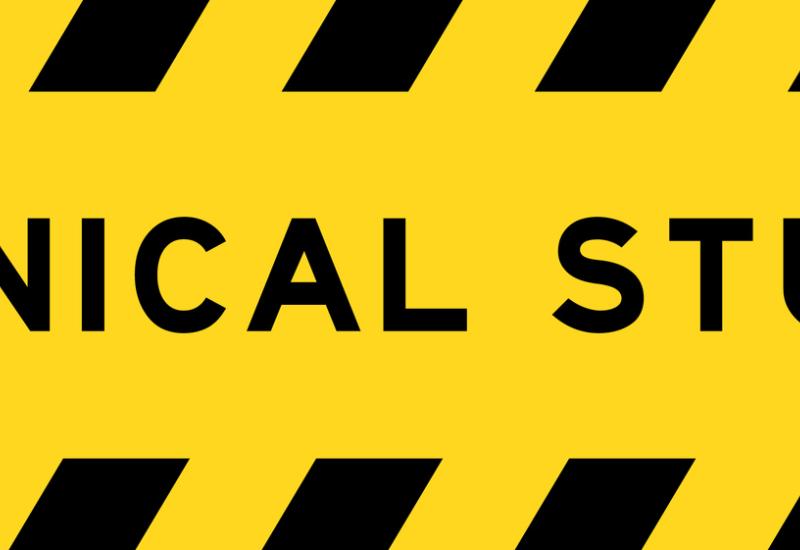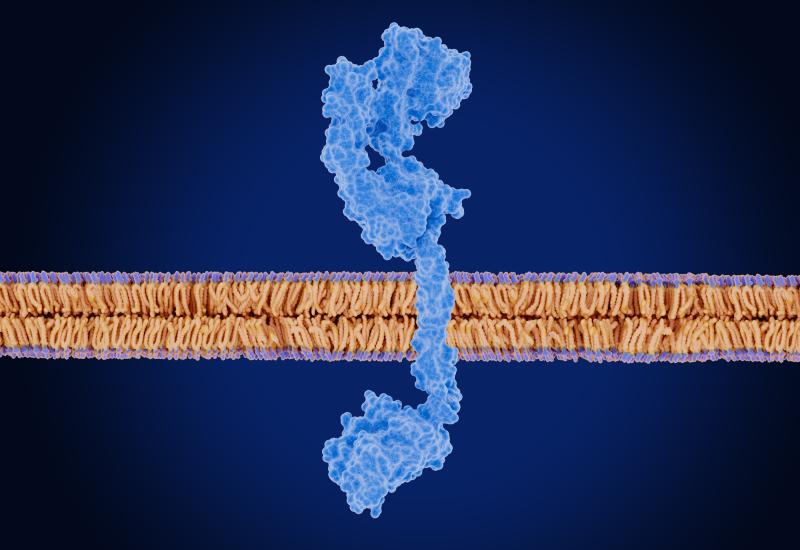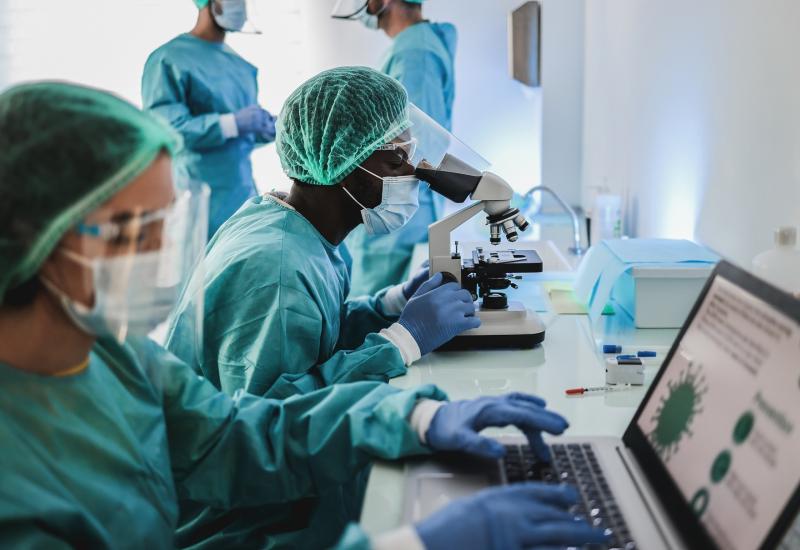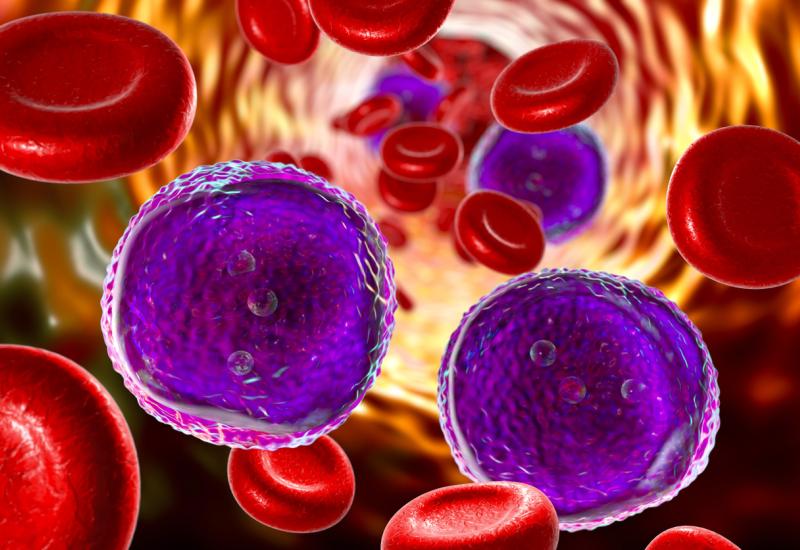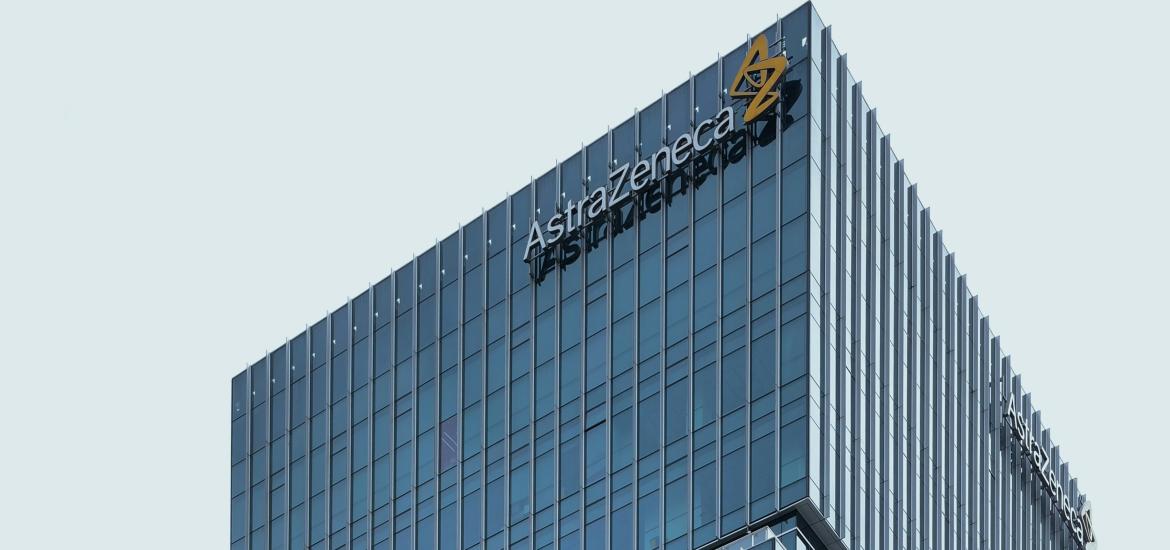
Astra looks to confirm Datroway's turnaround
The Avanzar study could read out shortly.
The Avanzar study could read out shortly.

After scoring a surprising second-line lung cancer approval at the second time of asking for the Daiichi Sankyo-originated Datroway, AstraZeneca is eyeing a potentially bigger prize in the front-line setting. Here several pivotal Datroway studies are under way, the first of which, Avanzar, is due to read out in the second half.
Not only is Avanzar the first of these to read out, it might be the most important. It shows Astra taking a different tack to its TROP2 ADC competitors, Gilead's Trodelvy and Merck & Co/Kelun's sacituzumab tirumotecan, and relies on an in-house diagnostic to identify patients who might be especially susceptible to treatment with an anti-TROP2 ADC.
Avanzar tests Datroway plus Infinzi and chemo, but is notable for not setting any PD-L1 expression level as an entry criterion, its main limitations being that patients be untreated and have no genomic alterations like EGFR, ALK or ROS1. This contrasts with Trodelvy's Evoke-03 and saci-T's TroFuse-007, for instance, both of which test Keytruda combos in patients with PD-L1 expression of 50% or higher.
Broad applicability with no PD-L1 limit could give Datroway a significantly bigger market to play for, but in Avanzar Astra is hedging its bets in a different way, namely by implementing a TROP2 biomarker assay that it claims is unique and proprietary.
No limits (maybe)
Though Avanzar enrols patients irrespective of histology, its primary endpoints concern PFS and OS in non-squamous subjects, either TROP2 biomarker-positives or irrespective of TROP2 status. The entire study population, including squamous NSCLC, features in secondary PFS and OS endpoints, which similarly are split into TROP2-positives and all-comers.
The primary focus on non-squamous disease is a nod to Datroway's problems in the second-line Tropion-Lung01 trial, which in squamous NSCLC yielded a 1.38 hazard ratio for PFS. As a result Astra/Daiichi had sought approval based on Tropion-Lung01's numerical PFS benefit in non-squamous NSCLC, but the filing was pulled last November after encountering resistance from the FDA.
Avanzar could find itself similarly limited, but its potential also to show a benefit in all-comers is important. The statistical powering to be applied to each cut of the Avanzar data hasn't been disclosed, but analysis is likely to follow sequentially from the narrowest to the broadest population.
Design of the Avanzar study
Active | Control | |
|---|---|---|
| Patients | 675 | 675 |
| Treatment | Datroway 6mg/kg + Imfinzi 1.12g + carboplatin | Keytruda 200mg + platinum + pemetrexed/paclitaxel |
| Disease | Locally advanced/metastatic NSCLC without actionable genomic alterations, no prior 1st-line chemo or other systemic therapy | |
| Stratification | Histology (squamous vs non-squamous) | |
| PD-L1 expression (<1%, 1%-49% & ≥50%) | ||
| TROP2 biomarker (+ve vs -ve) | ||
| Co-primary endpoints | PFS in TROP2 biomarker +ve non-squamous (histology requirement added Jan 2025) | |
| OS in TROP2 biomarker +ve non-squamous (histology requirement added Jan 2025) | ||
| PFS in all non-squamous (added Jan 2025) | ||
| OS in all non-squamous (added Jan 2025) | ||
| Key secondary endpoints | PFS in all TROP2 biomarker +ve (earlier -ve) | |
| OS in all TROP2 biomarker +ve (earlier -ve) | ||
| PFS in all-comers | ||
| OS in all-comers | ||
Source: Journal of Thoracic Oncology & clinicaltrials.gov.
What of the proprietary TROP2 diagnostic? Astra has recently been talking up this QCS (quantitative continuous scoring) assay, saying it measures the internalisation of an antibody inside the cell, something essential in the case of targeting TROP2.
This QCS assay actually came via Astra's $150m 2014 acquisition of Definiens, a private company specialising in identifying biomarkers in tumour biopsies. At ASCO Astra presented a retrospective analysis of the small Tropion-Lung02 trial, claiming increased efficacy in patients positive for TROP2 by QCS, after earlier making a similar claim for the failed Tropion-Lung01 study.
The QCS diagnostic is also being used in the Tropion-Lung10 study, which compares Datroway plus rilvegostomig against Keytruda in first-line PD-L1 ≥50% NSCLC, but which doesn't read out for a few years. Questions that have yet to be answered include how this QCS technology might be integrated into current lab practice, and what to do if insufficient tissue samples are available.
Earlier this month Datroway scored US accelerated approval in a peculiar NSCLC setting, in patients whose tumours have an EGFR mutation but who have relapsed on Tagrisso and chemo, based on response rates in two trials. Astra paid Daiichi $1bn up front for this TROP2-directed ADC, after putting down $1.4bn for Enhertu, so it's not ready to give up on it just yet.
1840


